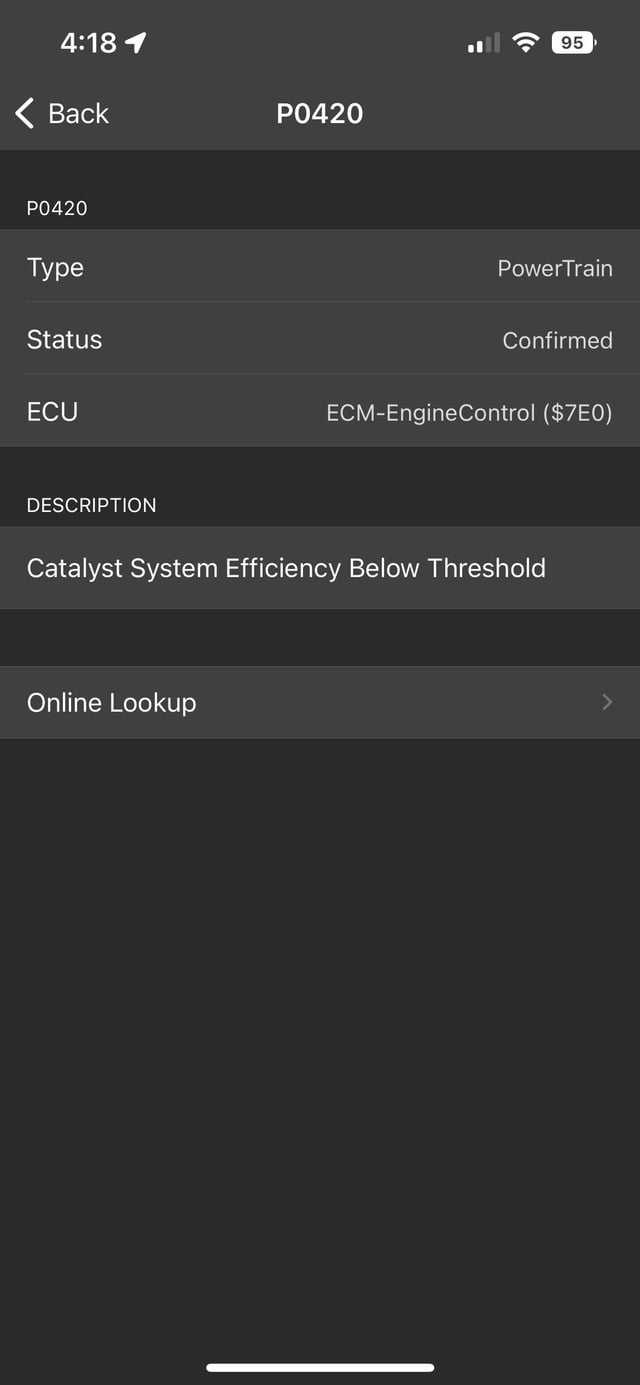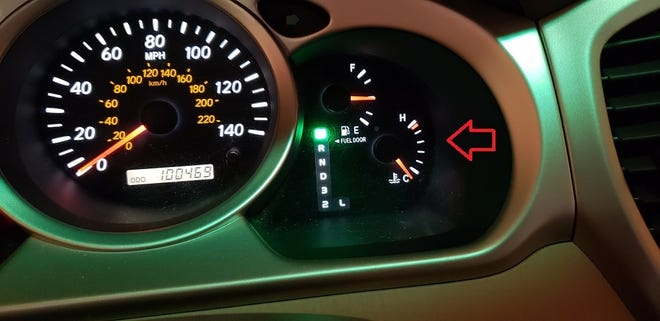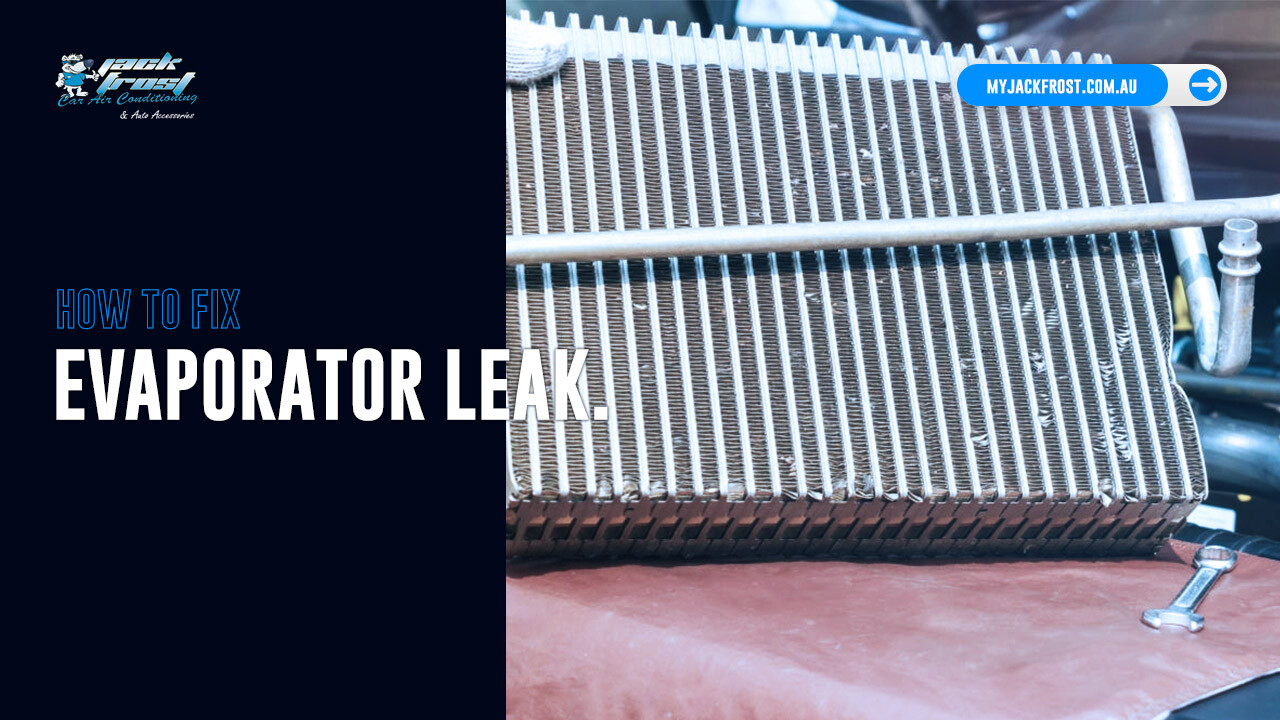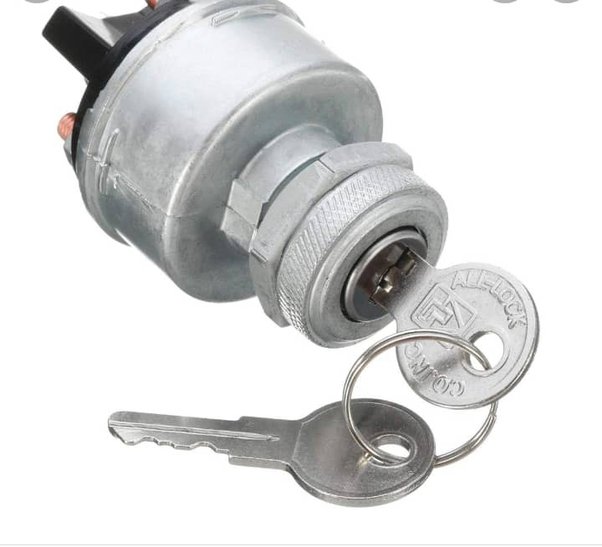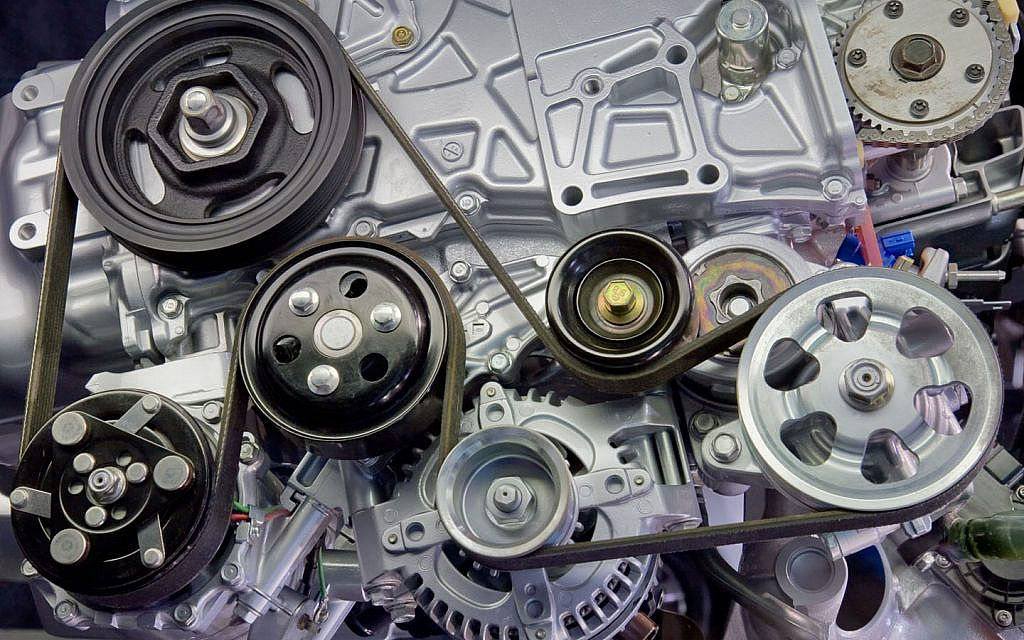Is It Safe to Drive With a P0420 Code
Driving with a P0420 code is not immediately unsafe, but it indicates a problem with your vehicle’s catalytic converter. Ongoing driving could lead to more significant damage over time.
The P0420 code is a diagnostic trouble code (DTC) for “Catalyst System Efficiency Below Threshold (Bank 1),” signaling that your vehicle’s engine control module has detected inefficiency in the catalytic converter’s function. This can be caused by various issues, from a malfunctioning sensor to a physically damaged converter, all of which could impact fuel economy and emissions performance.
Ignoring this code may eventually result in reduced vehicle performance and a failed emissions test. It’s essential to address this trouble code with a professional mechanic to avoid potential long-term complications. They can assess the severity of the issue and recommend the appropriate measures to rectify the problem, ensuring the vehicle remains reliable and compliant with emission standards.
The Meaning Behind P0420 Code
When the dreaded check engine light pops up on your dashboard, it’s natural to feel a bit of panic. One common culprit behind this is the P0420 code. This signals an issue with your vehicle’s catalytic converter – a vital component in reducing exhaust emissions. But what exactly does this code entail, and how serious is it? Let’s dive into the details.
Deciphering The P0420 Code
Simply put, P0420 indicates that the efficiency of the catalytic converter is below the threshold for optimal performance. The car’s onboard computer, also known as the Engine Control Unit (ECU), detects this through the data it receives from the oxygen sensors. These sensors measure the amount of oxygen in the exhaust before and after it passes through the catalytic converter.
Common Causes Of The P0420 Code
- Faulty Oxygen Sensors: Sometimes the problem isn’t with the catalytic converter itself, but with the sensors measuring the gases.
- Worn Catalytic Converter: Over time, converters can degrade naturally or get damaged, leading to inefficiency.
- Engine Misfires: Misfires can send unburned fuel into the converter, causing it to overheat and fail.
- Exhaust Leaks: Leaks can introduce additional oxygen into the system, skewing sensor readings.
- Poor Fuel Quality: Contaminants in fuel can clog the converter, reducing performance.
Understanding the P0420 code is crucial for maintaining your vehicle’s health and keeping the environment clean. It’s important to address this issue promptly to avoid more significant damages to your vehicle.

Credit: www.reddit.com
Risk Factors Of Ignoring P0420
Ignoring a P0420 trouble code can lead to several risks for your car. This code suggests your vehicle’s catalytic converter is not working as it should. Let’s delve into the potential vehicle damages and safety concerns this can bring.
Potential Vehicle Damages
Your car could face serious issues if you ignore the P0420 code. A catalytic converter’s job is to reduce emissions. When it fails, several problems can arise:
- Increased emissions: Harmful gases released into the environment.
- Fuel inefficiency: Your car might burn more fuel than needed.
- Engine performance: Your car’s engine might not run smoothly.
- Further damage: Other parts like the O2 sensor could get damaged.
Damaged converters can also lead to costly repairs later on. It’s better to fix issues early on.
Safety Concerns On The Road
Safety is key when driving. A bad catalytic converter can pose risks:
- Poor acceleration: Your car might struggle to speed up.
- Stalling engine: Your car could stop suddenly on the road.
These issues can make driving dangerous. It’s important to address the P0420 code quickly for safety.
Short-term Vs. Long-term Implications
Understanding the difference between short-term and long-term implications when driving with a P0420 code is essential. Drivers must recognize how immediate impacts contrast with future consequences to make informed decisions about their vehicle’s health.
Immediate Effects On Vehicle Performance
When a P0420 code appears, the vehicle’s performance can instantly shift. Here are some direct outcomes:
- Decreased Fuel Efficiency: The car may burn more fuel than normal.
- Loss of Power: When accelerating, the vehicle might feel sluggish.
- Potential for Foul Emissions: There could be an increase in toxic emissions.
Long-term Risks For Continued Neglect
Ignoring a P0420 code can lead to several risks that evolve over time. Review the long-term dangers:
| Long-Term Risk | Outcome |
|---|---|
| Catalytic Converter Failure: | Left unchecked, the converter could stop working, leading to costly repairs. |
| Damage to Other Car Parts: | Continuous strain can harm other engine components, escalating repair expenses. |
| Environmental Impact: | Prolonged driving with a faulty converter can significantly increase pollution. |
Diagnosing The Issue
When your dashboard shines with a P0420 code, your car is alerting you to a potential issue. This code suggests your vehicle’s catalytic converter isn’t working as well as it could be. But don’t rush to conclusions. First, figure out what’s going on.
Professional Diagnosis Vs. Diy Approaches
Trust professionals or tackle the task yourself? It’s a vital question. A professional mechanic has sharpened skills, experience, and the right equipment. They find and fix issues like this every day. But, for car enthusiasts or those with mechanical knowledge, a DIY approach is tempting. Remember, fixing a P0420 code can be tricky. Get informed before diving in.
Tools For Diagnosing P0420 Code
To diagnose a P0420 code, you need the right tools. A basic OBD-II scanner is your starting line. This tool reads engine codes and gives clues about the problem. Remember, just because you know the code doesn’t mean you’ve found the culprit. Check these:
- Fuel levels and quality
- Exhaust system for leaks or damage
- Oxygen sensors
- Catalytic converter condition
Some issues, like an exhaust leak, you might spot with a careful eye. Others need a more in-depth analysis. Consider an advanced diagnostic tool. These can measure oxygen sensor performance before and after the catalytic converter. It helps isolate the problem.
Note: While tools can guide you, never replace parts based solely on a code. Analyze the situation or seek a professional.
Solving P0420: Repair Options
Seeing a P0420 code can be unsettling. Your car’s performance might suffer. Don’t worry. You have options to fix it. Let’s explore common fixes and get an idea of what they might cost you.
Common Fixes For P0420 Code
A P0420 code signals a problem with the catalytic converter or related components. Before replacing parts, a mechanic will usually check for:
- Oxygen sensor function. Sometimes, just replacing the sensors solves the problem.
- Exhaust leaks. Repairing any leaks can help.
- Catalytic converter health. If the converter is bad, it might need replacing.
- Fuel system issues. A professional might also clean or fix parts of the fuel system.
- Software updates. Updating the car’s computer software could clear the code.
Cost Estimate And Timeframe For Repairs
Repair costs vary widely based on the car model and what’s wrong. Here’s a quick look:
| Repair | Cost Estimate | Timeframe |
|---|---|---|
| Oxygen Sensor Replacement | $200 – $500 | 1-2 hours |
| Exhaust Leak Repair | $100 – $200 (if minor) | 1-3 hours |
| Catalytic Converter Replacement | $950 – $2500 | 2-4 hours |
| Fuel System Repair | $150 – $1000 | 2-5 hours |
| Software Update | $100 – $200 | About 1 hour |
Bear in mind, these are estimates. Prices and times can change. Get a professional to take a look for an accurate quote.
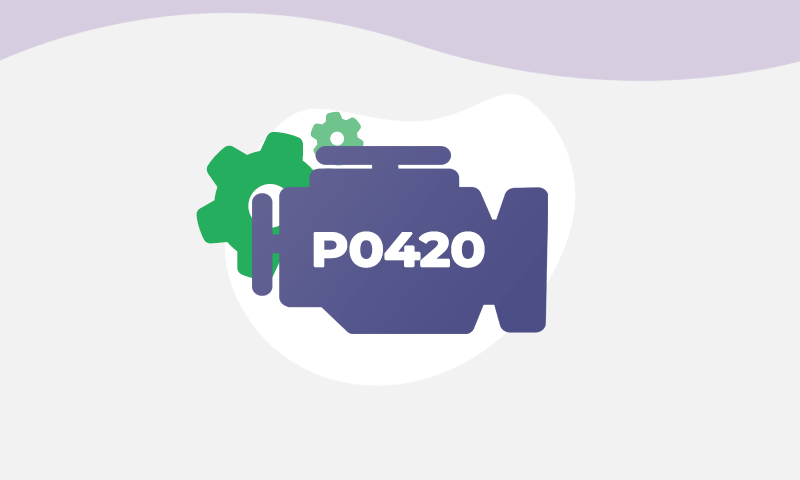
Credit: www.fixdapp.com
Preventative Measures For P0420 Code
A P0420 code can signal a problem with your car’s catalytic converter. But don’t worry. There are easy steps you can take to prevent this issue. By keeping up with routine maintenance and knowing how to care for your catalytic converter, you can steer clear of the P0420 code. Let’s dive into how to keep your car running smoothly.
Routine Maintenance To Avoid P0420
Your car is like a friend. Take good care of it, and it will do the same for you. Regular checks and balances can keep the P0420 code away.
- Oil Changes: Change oil on time. It keeps engine parts happy and healthy.
- Air Filter: Ensure your air filter is clean. Your engine breathes easier this way.
- Fuel Quality: Use the right fuel. It makes a big difference.
- Engine Scans: Get engine scans regularly. It catches problems early on.
- Spark Plugs: Check spark plugs. They help burn fuel properly.
- Oxygen Sensors: Keep an eye on oxygen sensors. They talk to your catalytic converter.
Tips For Prolonging Catalytic Converter Life
The catalytic converter plays a vital role. Keeping it in good condition is key. Let’s look at how to prolong its life.
| Action | Benefit |
|---|---|
| Avoid Short Trips: | It keeps the converter hot enough to work properly. |
| Inspect Exhaust System: | It helps to catch issues before they affect the converter. |
| Drive Smoothly: | It prevents wear and tear on car parts. |
| Use Correct Parts: | This includes using the right types of sensors and exhaust components. |
Be mindful of these tips, and your car will thank you with a longer lifespan and a quieter ride.

Credit: www.reddit.com
Frequently Asked Questions Of Is It Safe To Drive With A P0420 Code
Can Driving With A P0420 Code Damage My Car?
Driving with a P0420 code won’t typically harm your car immediately. However, it indicates that the catalytic converter isn’t functioning efficiently. Over time, neglecting this issue can lead to more significant problems, such as a complete failure of the catalytic converter.
What Does A P0420 Code Signify For Car Health?
A P0420 code signifies that your vehicle’s catalytic converter is not working as efficiently as it should be. This could be due to a faulty oxygen sensor or exhaust leaks, among other causes. It’s vital to address this to maintain optimal car health.
How Urgent Is Fixing A P0420 Code?
While a P0420 code does not require immediate attention like a breakdown, it is important to fix it soon. Delaying repairs can lead to less fuel efficiency, higher emissions, and potential damage to the catalytic converter.
What Are The Common Causes Of A P0420 Code?
Common causes of a P0420 code include a malfunctioning catalytic converter, defective oxygen sensors, or exhaust system leaks. It could also stem from poor maintenance, such as not changing spark plugs or using incorrect fuel types.
Conclusion
Navigating the road with a P0420 code can be a gamble. Safety takes priority, and such a warning shouldn’t be ignored. Diagnose and address this issue promptly to ensure your vehicle operates efficiently. Remember, postponing repairs may lead to costlier damage.
Stay informed, drive responsibly, and keep your journeys trouble-free.

